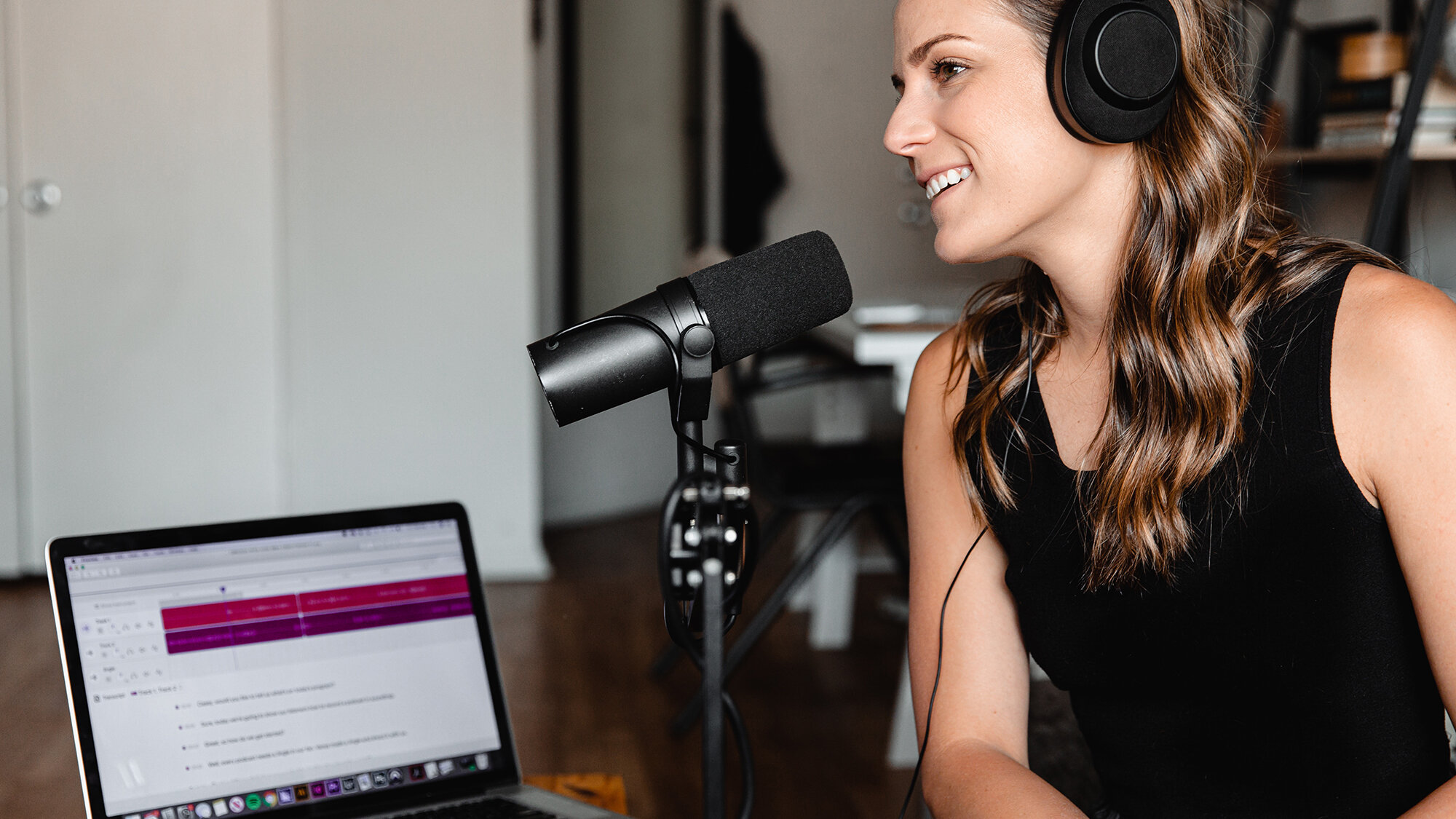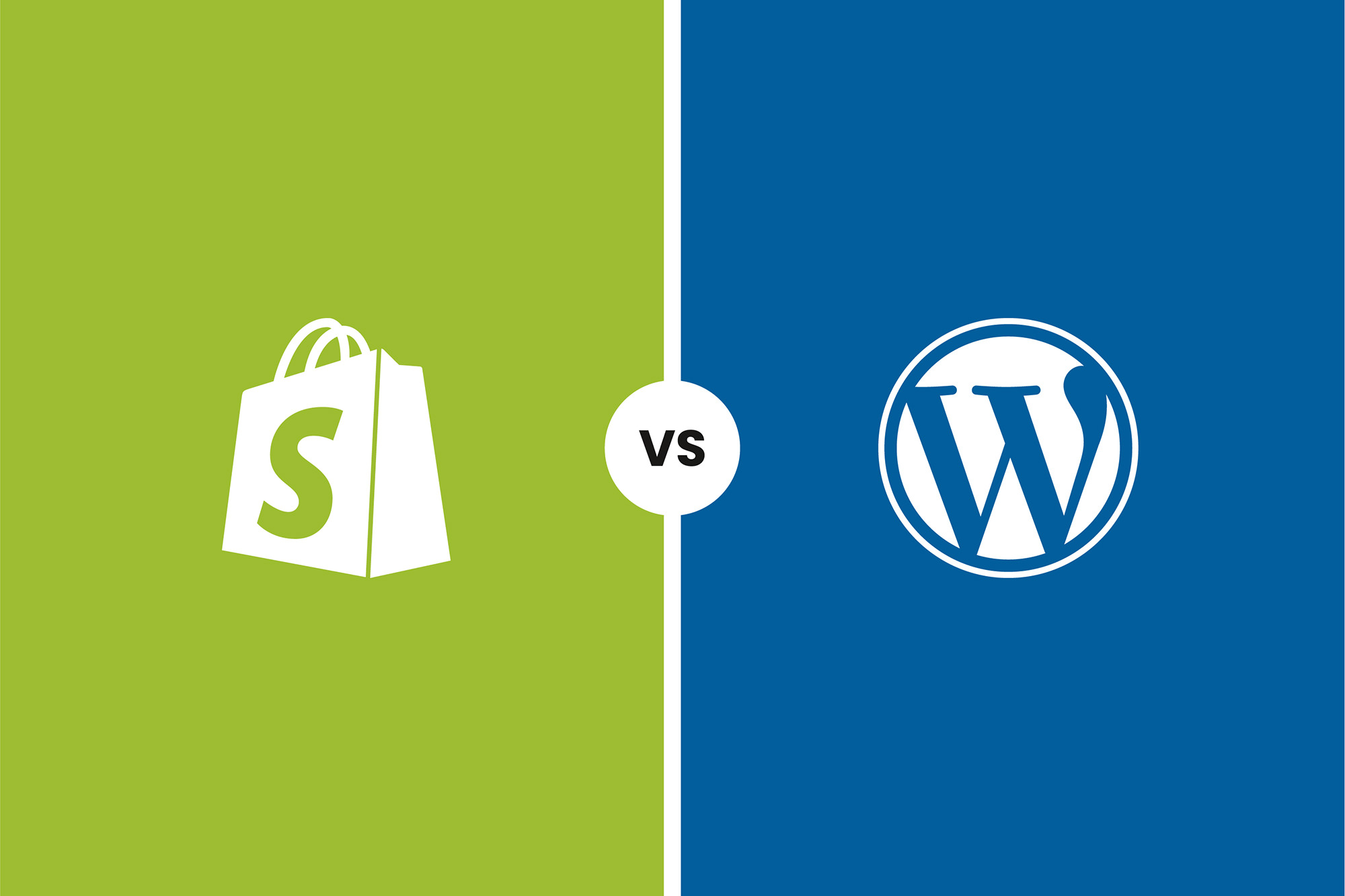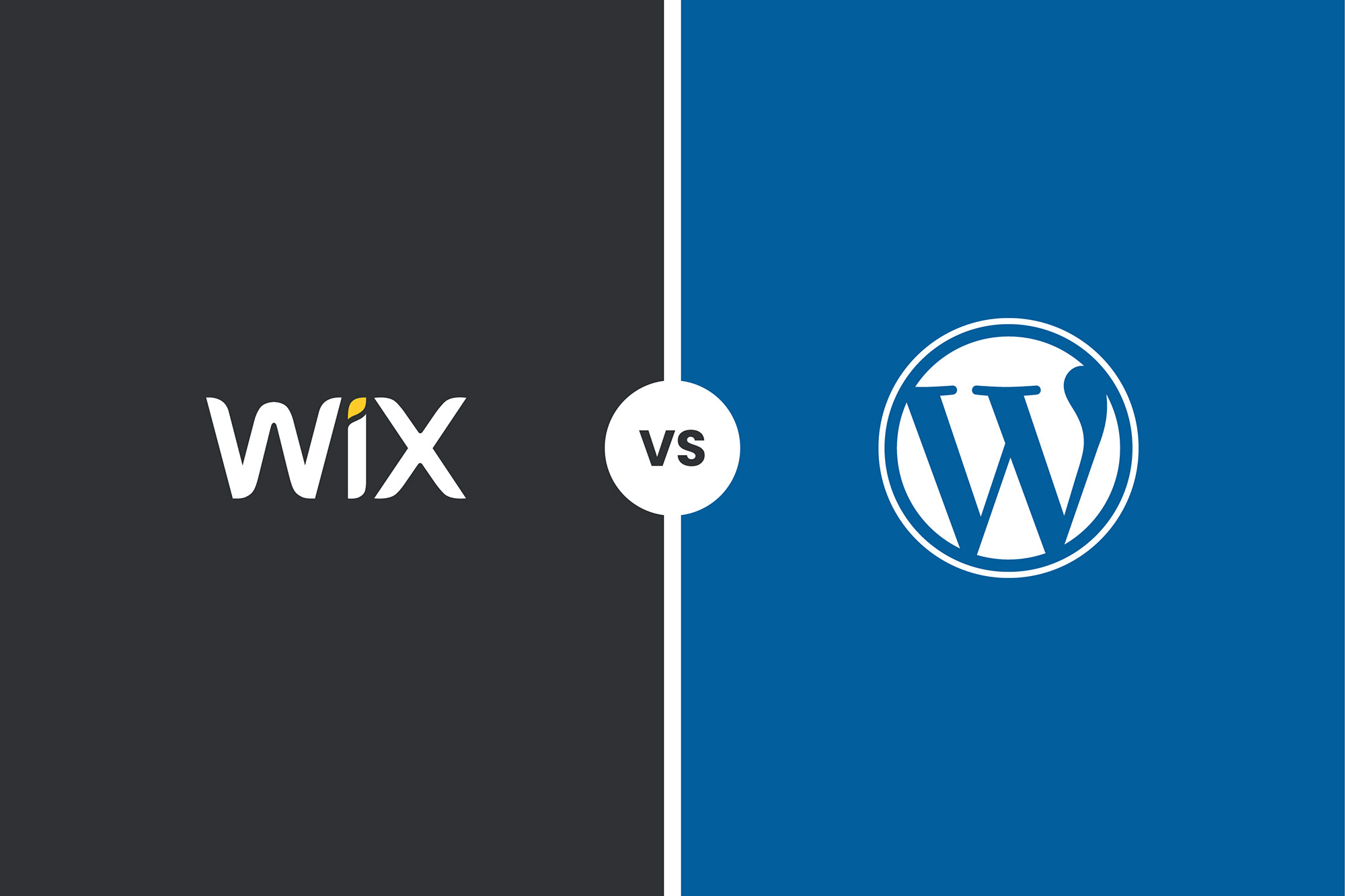Are you considering starting your own podcast? With the rising popularity of podcasts, it’s a great time to jump on board and share your voice with the world. And the good news is, you don’t need to be a tech genius or break the bank to host a podcast on WordPress. In this comprehensive guide, we’ll walk you through the process of launching a podcast on WordPress, from setting up your website to optimising your episodes for maximum exposure. So, let’s get started!
Table of Contents
- What is a Podcast and How Does it Work?
- Setting Up Your Podcast
- Selecting the Right Equipment
- Recording and Editing Your Podcast
- Finding a Podcast Hosting Service
- Creating a WordPress Website for Your Podcast
- Optimising Your Podcast for Search Engines
- Promoting Your Podcast
1. What is a podcast and how does it work?
Before diving into the technical aspects of launching a podcast on WordPress, let’s start with the basics. A podcast is an episodic audio series that can be downloaded or streamed through various platforms and applications. It provides a convenient way for listeners to access your content on-demand. To make your podcast work, you’ll need an audio file and an RSS feed. WordPress, being a versatile platform, has a built-in RSS feed for blogs, making it a natural choice for podcasters. By connecting your podcast with popular applications like iTunes and Stitcher, you can increase exposure and grow your audience.
2. Setting up your podcast
To get your podcast up and running, you’ll need a few key components. First, you’ll need a website or blog where you can provide additional information about your podcast. This will serve as a hub for your audience to learn more about you and your episodes. Next, you’ll need equipment to record and edit your podcast. Investing in quality equipment will ensure that your audio is clear and professional-sounding. Lastly, you’ll need tools to effectively publish your podcast on the internet and maximise its exposure.
3. Selecting the Right Equipment
To produce high-quality podcasts, you’ll need the right equipment. While you don’t need to break the bank, investing in decent equipment will make a significant difference in the audio quality of your episodes. Here are the essential pieces of podcasting equipment you’ll need:
Microphone: Choose a microphone that captures clear, crisp audio. USB microphones like the Audio-Technica ATR2100x-USB are popular choices for podcasters due to their ease of use and affordability.
Headphones: Invest in a pair of closed-back headphones to monitor your audio while recording and editing. This will help you catch any background noise or audio issues.
Pop filter: A pop filter is a screen placed in front of the microphone to reduce plosive sounds (like “p” and “b” sounds) that can distort your audio. It helps ensure a smoother recording.
Mic stand or boom arm: Having a stable microphone setup is essential for consistent audio quality. A mic stand or boom arm will hold your microphone in place during recording.
Audio Interface (optional): If you’re using an XLR microphone, you’ll need an audio interface to connect it to your computer. This device converts the analog signal from your microphone into a digital format.
4. Recording and editing your podcast
Once you have your equipment set up, it’s time to start recording your podcast episodes. Find a quiet space with minimal background noise to ensure the best audio quality. Before hitting the record button, consider creating an outline or script to keep your episode organised. This will help you stay on track and deliver your content effectively. When recording, speak clearly and maintain a consistent volume. Aim for a conversational tone to engage your listeners. After recording, it’s time to edit your podcast. Use audio editing software like Audacity or Adobe Audition to remove any mistakes, add music or sound effects, and enhance the overall audio quality.
5. Finding a podcast hosting service
To make your podcast accessible to listeners, you’ll need a podcast hosting service. These services store your podcast files and generate an RSS feed that can be submitted to podcast directories. While you can host your podcast files on your WordPress site’s server, using a dedicated podcast hosting service is recommended for better performance and scalability. Some popular podcast hosting services include Blubrry, Libsyn, and Podbean. Consider factors like storage space, pricing, analytics, and integration with WordPress when choosing a hosting service.
6. Creating a WordPress website for your podcast
Now it’s time to create your WordPress website for your podcast. Start by installing WordPress on your chosen hosting provider. Many hosting providers offer one-click WordPress installations, making the process quick and straightforward. Once WordPress is installed, choose a theme that aligns with your podcast’s branding. There are numerous podcast-specific themes available that offer features like episode listings, audio players, and subscription options. Customise your theme to match your podcast’s visual identity and add relevant pages like an about page, contact page, and episode archive.
7. Optimising your podcast for search engines
To reach a wider audience and improve discoverability, it’s essential to optimise your podcast for search engines. Here are some SEO tips to consider:
Keyword research: Identify relevant keywords related to your podcast’s topic. Use tools like Google Keyword Planner or SEMrush to find popular keywords with reasonable search volume and low competition. Incorporate these keywords in your episode titles, descriptions, and metadata.
Episode titles and descriptions: Craft compelling and descriptive titles for your podcast episodes. Use your chosen keywords naturally in the titles and descriptions to improve search visibility. Make sure your descriptions accurately summarise the content of each episode and entice listeners to click and listen.
Transcriptions: Consider transcribing your podcast episodes and publishing them on your website. Transcriptions not only make your content accessible to a broader audience but also provide valuable text-based content that search engines can index.
Show notes and metadata: Create detailed show notes for each episode, including timestamps, guest information, and additional resources mentioned in the episode. This helps search engines understand the context and relevance of your content. Optimise your metadata, such as tags and categories, to improve the organisation and discoverability of your episodes.
8. Promoting your podcast
Once your podcast is live, it’s time to promote it and attract listeners. Here are some effective strategies to increase your podcast’s visibility:
Social media marketing: Leverage social media platforms like Twitter, Facebook, Instagram, and LinkedIn to share your episodes, engage with your audience, and build a community around your podcast. Create visually appealing graphics, snippets, or teaser videos to grab attention and drive traffic to your episodes.
Cross-promotion: Collaborate with other podcasters in your niche to cross-promote each other’s episodes. This allows you to tap into each other’s audiences and reach new listeners who may be interested in your content.
Guest interviews: Invite guests on your podcast who have a following or expertise in your niche. When they share the episode with their audience, it introduces your podcast to a new group of potential listeners.
Email marketing: Build an email list of interested listeners and send out regular newsletters or updates about your podcast. Include links to your latest episodes and encourage subscribers to share with their networks.
Consistency and engagement: Publish new episodes consistently to keep your audience engaged and coming back for more. Encourage listeners to leave reviews, comments, and ratings, as these social signals can help boost your podcast’s visibility on platforms like iTunes.
By implementing these promotion strategies, you can increase your podcast’s reach and build a loyal listener base.
If you’re looking for professional assistance in setting up your WordPress website or need guidance in launching your podcast, don’t hesitate to get in touch. Our team of experts is here to help you succeed!
Let's make a website!
Book a FREE video call to discuss your business, project strategy, and more!
"*" indicates required fields
More from Metal Potato
5 Essential WordPress Security Plugins
Boost your website's defense with top-rated WordPress security plugins. Ensure ultimate protection against cyber threats today!
The Power of a WordPress Support Retainer
Elevate your site's performance with a WordPress support retainer – expert maintenance, and guidance for success!
10 Compelling Reasons to Choose WordPress
Discover why WordPress is your ultimate website platform choice! Free, customisable, and supported by a thriving community.
6 Essential Tips for WordPress Website Owners
Boost WordPress site: backups, updates, style guides & more for top performance, security & user experience!
Migrate from Shopify to WooCommerce
Move from Shopify to WooCommerce effortlessly for control, flexibility & cost savings. Follow our step-by-step guide.
Migrate from Wix to WordPress
Migrate from Wix to WordPress with our guide! Unlock more customisation, functionality, and control for your website's growth.






